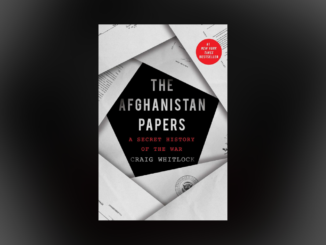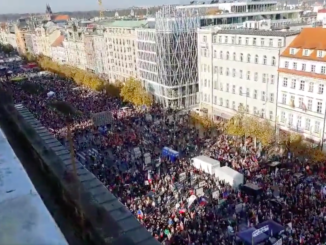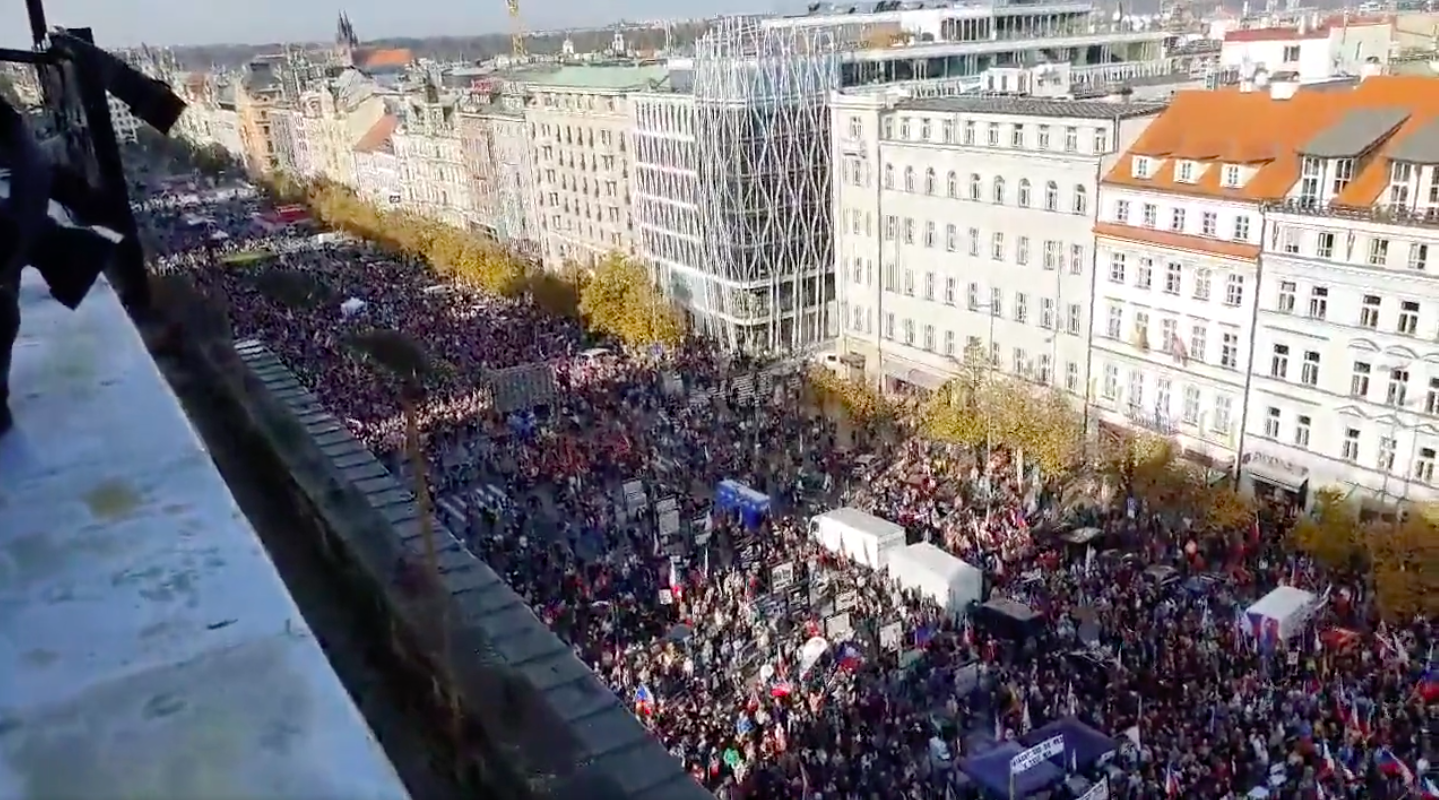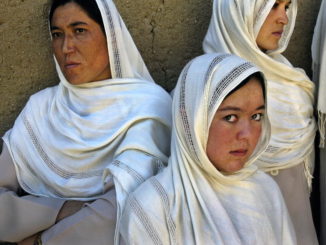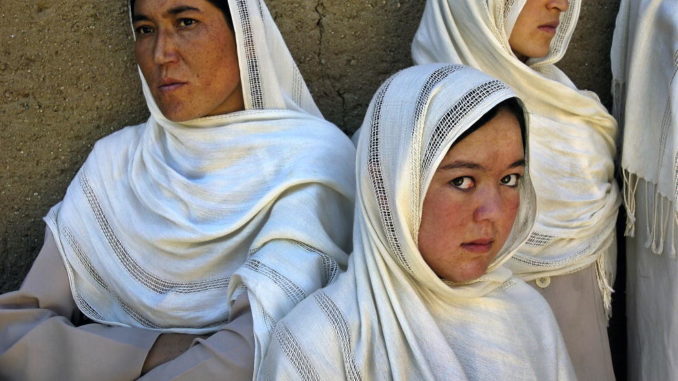Now that my Toward Freedom guest editorship has come to an end, I am reflecting back on the stories we ran for the past 6+ months and the writers who wrote them.
The scenes coming out of Modi’s India and its pandemic nightmare have been particularly horrific, causing me to inquire about the health of Toward Freedom contributor Sanket Jain. Sanket is a freelance journalist based in western India. TF ran two of his stories in December and February about how India’s poorest citizens were barely coping with Covid. He emailed me back: “Fortunately, I am safe. For the past few weeks, I have been on the field documenting the disaster that’s unfolding in remote villages of India. Last week, I was shooting photos at the crematorium to see how many people have died of COVID because the Government is hiding official numbers. It’s a nightmare to see a human disaster unfolding at such a massive scale. From lack of oxygen, improper vaccination policy, COVID patients facing ostracism in the village, to frontline healthcare workers facing verbal abuse and even physical assault, India is witnessing a humanitarian crisis. I hope we come out of this disaster soon.”
Stay safe, Sanket, and keep sending us your stories.
Another writer who moved me deeply is Charles Wachira. His recent story on what’s happening in Uganda opened my eyes to what’s happening throughout much of Africa; the maintenance of dictatorial rule [e.g through the (truly) rigged election of President Yoweri Museveni in Uganda] to ensure “stability” for resource extraction by foreign corporations. With remarkable patience in responding to my queries, Charles produced evidence that the Great Game for Oil is now on steroids in East Africa (much of which lies opposite the Red Sea – and Saudi Arabia.)
Fascinatingly, a similar situation is playing out in West Africa, as explained by Eric Agnero in his story on how President Alassane Ouattara was able to extend his unconstitutional rule over Cote d’Ivoire, aided and abetted by France and the United States.
I admit: I came into this job with a geopolitical perspective, one which is followed by most world powers as they survey entire regions for riches. I discovered it during decades of researching my new book on endless wars. You’ll find a geopolitical analysis reflected in my article on Afghanistan: If you want to understand the many wars that have swept through the Middle East, Central Asia, and now Africa, you need only to follow the pipelines and the oil schemes taking place right now. All this, despite promises by Big Oil to invest in alternative energy to slow down climate change.
Trend Lines in the TF Stories
Looking back, it was a privilege to be able to choose stories that reflected extraordinary, indeed history-making events between October 2020 and early May. Below, I will highlight some of those stories, as certain trends begin to emerge. Call them patterns of history. Ten years from now, you may want to look back on them as if they were diary entries of an unforgettable period in your life, featuring Covid 19, Trump’s defeat, the January 6 assault on the capitol; the re-invigoration of the Black Lives Matter movement after the death of George Floyd; the rise of the right wing in the United States based on claims of voter fraud, the similar tactics used by Trump’s fascist allies abroad. Democracy v Racist Authoritarianism is one overriding theme. Look for others:
In October 2020, Toward Freedom ran stories on two historic elections. Olivia Arigho-Stiles’s article on the elections in Bolivia, which returned the MAS party to power, gave us some hope that massive turnouts could turn the table on authoritarian regimes. Meanwhile, in the leadup to the November elections in the United States, Harvey Wasserman and Greg Palast sounded warnings that voter fraud mechanisms were in place in Florida and Wisconsin. Who could have guessed that Secretary of State Raffensperger (or, as Palast calls him, Raffens-purger) would later emerge as a hero for upholding the integrity of Georgia’s vote for Biden, when in 2020 he was responsible for purging 198,000 names from the voter roles!
The big news in November 2020, was the defeat of Donald Trump thanks to the commitment of black and brown voters, who ensured “the largest turnout ever by U.S. voters in a presidential election.” We were so hopeful, I wrote back then. noting that Trump’s “multiple lawsuits claiming ‘voter fraud’ have been rejected so far by U.S. courts for lack of evidence.” As It turned out, Trump continued to use voter fraud to enrage his base…even against fellow Republicans. The fight against a fascist movement in America is far from over.
We also witnessed through the reporting of Serbian journalist Nicolas Micovec some tense super-power standoffs. In Belarus, a proxy battle by “the Western-backed Belarusian opposition” failed to topple President Alexander Lukashenko, who is still firmly supported by Russia.” In Nagorno-Karabakh, more deadly proxy battles were raging between Armenian and Azerbaijani forces, where “the conflict is being carefully watched for two reasons: 1) its potential to spread beyond its borders, and 2) an underlying energy war between Russia, the US, and the European Union.”
In December 2020, we began to take stock of what the world would soon face with the new Biden administration. Climate change was high on the agenda, especially since the Trump administration in November officially withdrew the US from the 2015 Paris Agreement. Rashika Pardikar, an Indian journalist, wrote of the “responsibility to both undo the damage done by the Trump administration and do more to address climate vulnerability concerns, especially in the developing world.’ Especially, she notes, because “the US is responsible for 25% of global emissions.” And what could provide better evidence of the dangers of climate change than two horrific Category 4 hurricanes which slammed into Nicaragua and Honduras in November, two weeks apart? Toward Freedom contacted Dan Higgins of the Burlington-Puerto Cabezas Sister City program. His and others’ reporting helped raise aid for the people of Puerto Cabezas, where roughly 2,000 homes were destroyed, and another 9,000 properties were damaged. The article turned into a good opportunity for Higgins to reflect on the history of “Port,” whose “peoples, languages, culture and history [on the Atlantic Coast} are very different from the Spanish-speaking side of Nicaragua.” He writes that the issue of autonomy “continues to be a flash point in Nicaraguan politics, with differing interpretations of what autonomy means.”
Elections in Venezuela, another hot point in international affairs (due in large part to the Trump administration’s economic sanctions to bring about regime change), came into focus as CodePink sent reporter Teri Mattison to observe the country’s December 6 legislative elections. “The sanctions imposed on Venezuela are a form of economic warfare… meant to create hardship and unrest,” Teri reported. (The elections resulted in a victory for President Nicolas Maduro and his allies. The opposition, which boycotted the elections, claimed “election fraud!” Thanks to reporting from Peter Lacowski, “Cries of election fraud by Donald Trump and his followers are familiar to Venezuelans; their right-wing opposition has been doing the same thing for years.”
In January 2021, we focused on Trump’s lies about a “stolen election,” which triggered the right wing assault on the Capitol on January 6, causing TF to immediately probe for details. Jonathan Ben Menachem provided some shocking details in “Cops at the Capitol,” which revealed, “at least 26 sworn members of U.S. law enforcement agencies from at least 11 states have been identified by law enforcement agencies and local reporting as attendees of the Jan. 6 rally.” Alexander Hinton, in his evaluation of the raid, warned us –correctly as it turned out – not to underestimate far right extremists in the US.
The other big news of January, of course, was the Inauguration of Joe Biden, and “Why Poet Amanda Gorman Stole the Inaugural Show” with her reading of her newest poem, “The Hill We Climb.” We published her poem in full, noting that Gorman was about halfway through the poem on Jan. 6, when pro-Trump rioters stormed into the halls of Congress, some bearing weapons and Confederate flags. She stayed awake late into the night and finished the poem, adding verses about the apocalyptic scene that unfolded at the Capitol that day.” Her eloquent performance was a source of pride for the Black Lives Matter movement and its supporters.
By February 2021, Toward Freedom reported that Trump’s voter fraud allegations seem to have found a receptive audience with generals in Myanmar. Emily Blumenthal observed “glaring similarities between the attempted coup in the US and the successful coup in Myanmar.” She quotes from the rightwing US group QAnon, which supported the coup: “The Burmese military has arrested the country’s leaders after credible evidence of widespread voter fraud became impossible to ignore…Sounds like the controlled media and Biden admin are scared this might happen here. “ An expert on Myanmar concluded, “Trump has given despots across the world fresh rhetorical ammunition to justify their authoritarian actions.”
If this weren’t unsettling news in the post-Trump era, our apprehension about Biden’s foreign policy turned to alarm after US forces bombed Syria in February. In their piece, Medea Benjamin and Nicolas Davies remind us that “the airstrikes were supposedly authorized by the 20-year-old, post-9/11 Authorization for the Use of Military Force (AUMF), legislation that Rep. Barbara Lee has been trying for years to repeal since it has been misused, ‘to justify waging war in at least seven different countries, against a continuously expanding list of targetable adversaries.’
In March 2021, Toward Freedom observed the 10th anniversary of the Arab Spring with disturbing reportage about the least known revolts in Bahrain. Finian Cunningham reveals that “Western powers played a nefarious role to ensure that the Arab Spring was kneecapped in order to cripple any progressive potential.” In Tunisia, where popular revolts launched the Arab Spring, Alessandra Bajek provides an in-depth report, noting that “Tunisia has failed to make any substantial progress in the daily lives of its citizens as the country’s democratization is not accompanied by a socio-economic transition. Nor should we forget that it was the Obama-Biden administration that oversaw the Arab Spring, as well as the regime change in Libya, which devolved into a disastrous civil (read proxy) war, killing thousands with many more displaced. According to Mathew Cole, Blackwater mercenaries poured into Libya, portraying themselves as “unarmed logistical personnel being sent in to support oil and gas companies.”
In April 2021, Toward Freedom reported on escalated tensions between Israel and Iran, after Israel bombed Iran’s Natanz uranium enrichment facility. Kim Zeter reports, “The sabotage seemed timed to send a message — both to Iran and to the U.S. and Europe. It occurred just days after talks began in Vienna to revive the Obama-instigated 2015 nuclear agreement with Iran to control its uranium enrichment production.” Fortunately, cooler heads once again prevailed, and the negotiations are continuing. There is even talk that Saudi Arabia and Iran have been holding secret talks.
The situation in Yemen, as revealed by William Boardman, is not as rosy as the Biden administration would have us believe. “Biden,” he writes, “promised that the US would be ‘ending all American support for offensive operations in the war in Yemen.’ Biden gave no specific details. The six-year bombing continues. The six-year naval blockade of Yemen continues. The humanitarian crisis continues, with the threat of famine looming. In effect, Biden has participated in war crimes since January 20, with no policy in sight to end the killing.” Long-time activist Kathy Kelley, worried that the American people were becoming desensitized to the killings in Yemen, reporting on a hunger strike taking place in Washington, DC. demanding an end to the war in Yemen.
Concluding Thoughts: The pandemic brought us many challenges. I, for one, was fortunate to have a job that allowed me to connect with writers from around the world from the safety of my own home.
Now that the pandemic is gradually lifting, I hope to spend more time promoting my book, which suffered greatly from being published during the lockdown. I wish all readers well as they hopefully recalibrate their lives toward a better future. Maybe a new Renaissance will be born out of COVID-19, just as the Renaissance emerged out of Italy’s Black Death in the 15th century. Let history—and science—be our guide, and may today’s movements –for democracy, justice and true equality—be our inspiration!

